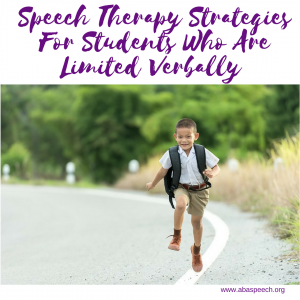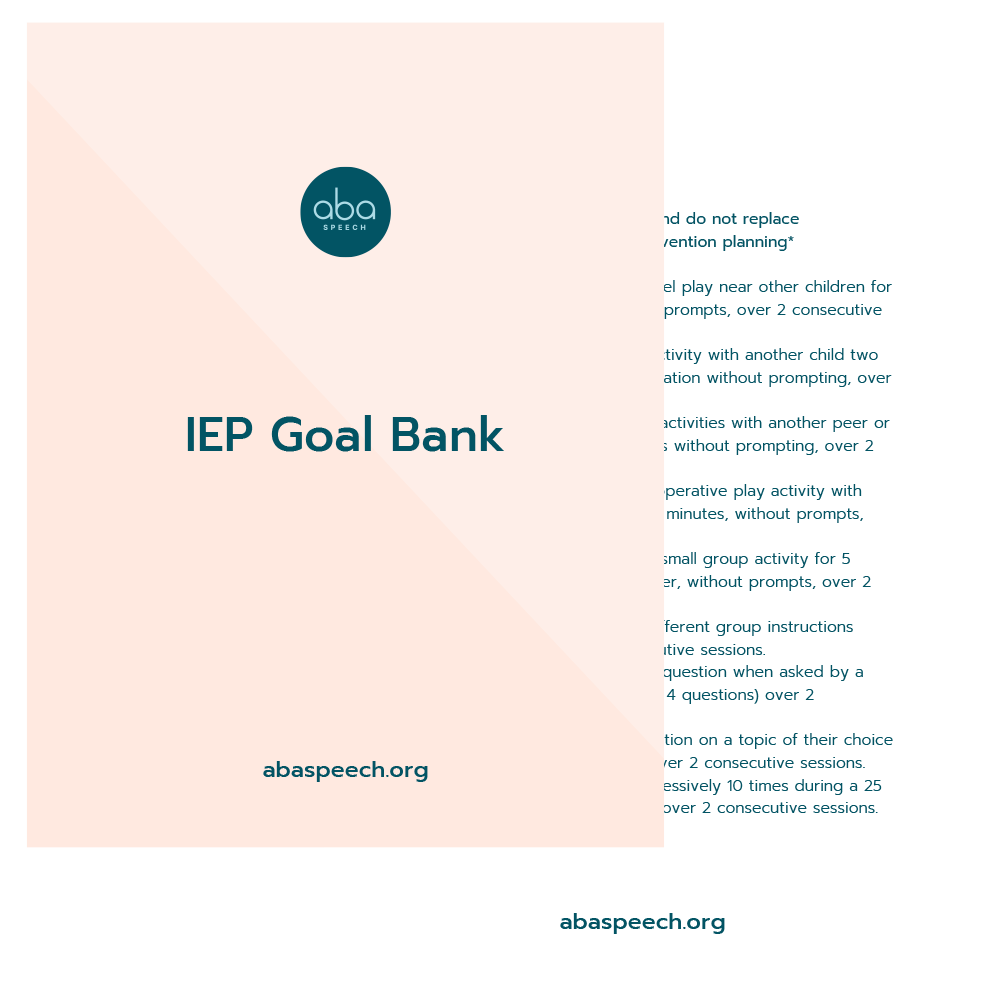Today we have Dan Fitch doing a guest blog. Thanks Dan for this post!
“Use your words.”
Many professionals in the field often overuse this. In my experience, there are a variety of ways to give students the language to communicate what they are feeling.
There are a number of reasons I feel we should provide modeling for our students. Students with Autism, emotional challenges, and developmental disabilities often hear the phrase, “use your words” and they can benefit from our modeling of language.
Would you tell a person who stutters to “use their words?”
Would you ask a student who is having trouble with word-finding to “use their words?”
Then why do we say this for students who may face the most challenges to communicate?
When we say, “use your words” we may be assuming that the student has the ability to convey what they are feeling, when in fact they may not. We may think that using this phrase will help unlock what the child wants to say, but this is usually not the case.
We also want to be cognizant of the fact that using this phrase could cause our students to become prompt dependent. We don’t want our students to constantly need a prompt to communicate their full message.
Instead of saying “use your words,” you can:
* Ask a student a question and wait. At least 5 seconds- it might seem like such a long pause, but let the silence encourage communication.
* Make and maintain eye contact, give an excited/engaged look, and wait. 5 seconds again- you will be surprised how often this pays off.
* Say, “Tell me”- I know it’s a minor semantic difference, but my experience has shown that this works.
* You can model a phrase for the student. Modeling can be a very powerful tool for our students when they are learning language.
* Use AAC as a model. If a student is increasing their ability to navigate their AAC device, this is great practice.
* Vary the tone of your voice when asking a question. This may re-engage some of your students.
* Say “I’m listening”- some students need to know that we are here for them.
Paying attention to the way you phrase questions and engage in conversation will open a new world of possibility. I hope that these strategies will help you the next time you feel your self say, “ use your words.”
Dan Fitch is an SLP who works in schools and private practice. He is married to his love and has 2 energetic, creative school-aged children. He blogs at www.everythingislanguage.com.


0 Comments